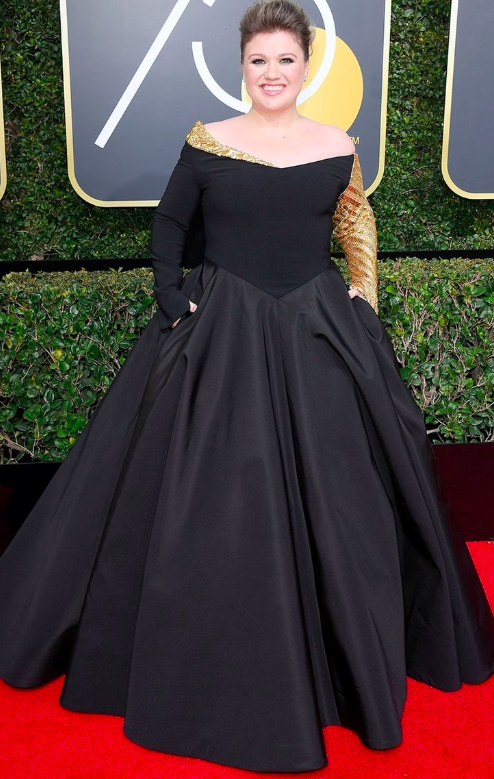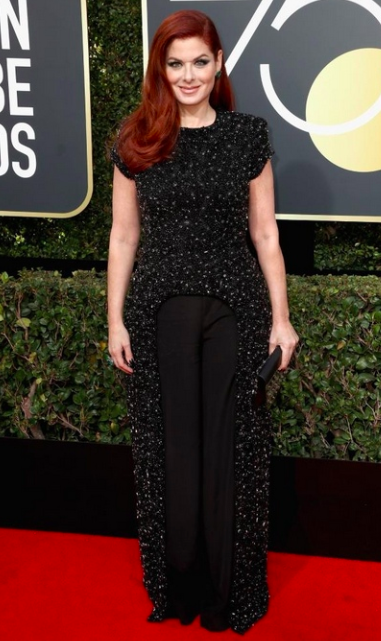How social movements have influenced the fashion industry
What people support is what fashion follows
Social movements have influenced the fashion industry by redefining the way women dress. But those movements go further than redefining an era of fashion, it makes a fight for their rights.
Social movements are groupings of individuals or organizations that focus on a specific social or political social issue. The goal of this kind of group is to carry out, undo or resist a social change.
The fashion industry was on the forefront of the #MeToo movement, which gained traction in October 2017. #MeToo has been around since Tarana Burke created it in 2007 as a response to her experience being a sexual assault survivor. With this movement, she wanted to raise awareness, help and give women and girls of color that had survived sexual violence a voice.
The same year the movement became popular again, actress, Ashley Judd accused film producer, Harvey Weinstein of sexually harassing her. Following this event, the comeback for #MeToo began when actress Alyssa Milano tweeted in support, “If you’ve been sexually harassed or assaulted write ‘me too’ as a reply to this tweet.”
Milano’s tweet quickly gave the movement new life with millions of women sharing their experiences. The effect of this event was seen when multiple stars wore all black for the 2018 Golden Globes. By wearing the color black, these stars showed support towards the #MeToo movement and the women who are a part of it.
After fighting for women’s respect and equality in the entertainment industry, fashion was brought into the conversation. Female workers in factories were taken into consideration, with their rights being a prominent topic of discussion.
The conversation centered around awful conditions, lack of legal support against abusers and limited freedom throughout the factories these women work at. The #MeToo movement and this ethical issue came together because both were trying to break the gender roles that seem to be leading women workers to physical, verbal and sexual harassment.
An additional acknowledgement to the power of the #MeToo movement, one can look to the Cannes Film Festival. The annual festival traditionally enforces all women to wear heels at the event, a rule that actress Kristen Stewart fought against. In protest of the strict dress code and championing the preferred image women should own, she removed her heels while she walked the red carpet. She said, “If you’re not asking guys to wear heels and a dress, you can’t ask me either.”
The actress was at the jury panel for that year’s competition and was praised because her actions sparked change within the fashion and entertainment industry. A new mindset of equality was on the rise, and these two occurrences, amongst others, helped shape it.
Ultimately, there shouldn’t be a certain expectation when it comes to how women should present themselves. The fashion industry fights for this by destroying the social norms by adapting their products towards this new ideal.
Third-year fashion marketing and management student Alayzia Kelley says, “I just feel that fashion is a book that never ends because social issues play a part in fashion trends. But what we do after seeing the fashion shows and trends is what creates fashion’s identity.”


























